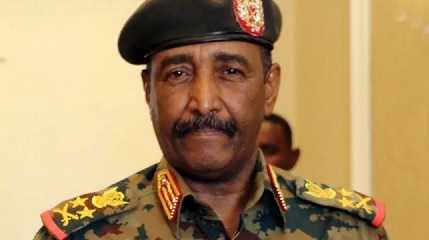
07 July 2022; MEMO: The opposition coalition in Sudan has rejected the dissolution of the Sovereignty Council by army chief of staff General Abdel Fattah Al-Burhan and the formation of a new government of technocrats. According to a member of the Forces of Freedom and Change (FFC), Omer Al-Digiar, Al-Burhan's offer is an attempt to "consolidate military rule and circumvent the December revolution."
Al-Burhan said on Monday that the council will be dissolved after the formation of a new government. He added that the army will withdraw from the ongoing political talks and allow political and revolutionary groups to sit together to agree on the formation of a civilian government, reported Anadolu.
Al-Digiar pointed out that this completely ignores the real causes of the crisis: the measures taken on 25 October by the army. He insisted that the only solution is to "end those measures and return the army to its barracks." The FFC stressed that it "has not and will not negotiate over power-sharing, and seeks to establish an institutional reference."
Sudan: Al-Burhan dismisses civilian members of Sovereignty Council
It is popular pressure from all over Sudan that has forced Al-Burhan to say what he did, explained Al-Digiar. He described the general's decisions as "an open manoeuvre and tactical retreat." The coalition, he added, will not attend any political talks called by Al-Burhan. "The army has made no concessions and seeks to give itself more powers in the future. There were no clear mechanisms for power transfer and the powers of the civilian government were not clear."
Moreover, he pointed out that Al-Burhan's speech didn't mention the formation of the legislative assembly, justice, and economic and legal reforms. "It is very hard to believe that Al-Burhan's speech was genuine."
Meanwhile, Sky News reported that the National Charter group, which supported the measures taken by Al-Burhan last October, said that the general's speech included many "ambiguous" points that need clarification. He noted that it was "working to engage in dialogue with the other parties with an open heart."
Sudan has been in turmoil since last October when the military dismissed Prime Minister Abdalla Hamdok's transitional government, a move decried by political forces as a "military coup". More than 100 people have been killed in protests against the military since October, according to Sudanese medical authorities.




